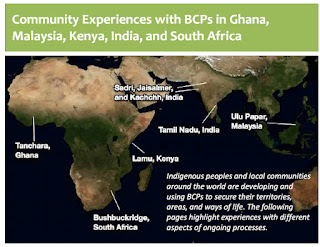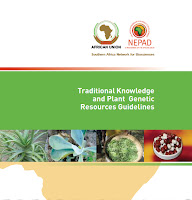
Art installation to be unveiled today
ANDREW W. LYNGDOH
Arno Peeters and Iris Honderdos interact with reporters at Shillong Press Club on Monday. Shillong, Aug. 28 : An art installation designed by a couple from the Netherlands, depicting Khasi identity, heritage and the challenges of development in red, gold and green will be unveiled at Don Bosco Hall here tomorrow evening.
Arno Peeters and Iris Honderdos have been in the city for the past month. The couple had closely interacted with local people, musicians, poets, academics, cultural icons, students, traditional healers and others from different walks of life to understand the essence and character of Khasi society.
Through the prism of their perspectives, Peeters and Honderdos created a multi-dimensional portrayal of Khasi culture, its precious heritage and fragile existence. Apart from depicting the Khasi culture, language and music, the installation also portrays the dangers stalking the indigenous community.
The dangers surrounding the Khasi community have been represented in the form of “snakes”.
The couple have used the seven huts (Hynniewtrep), a mythological bridge connecting heaven and earth and the traditional rain shield (knup) as illustrations of Khasi culture.
The art project is part of the global initiative Visualising Development with Identity of the Royal Tropical Institute, the Netherlands. The couple were hosted and assisted by the Martin Luther Christian University here during the course of the project.
On the eve of unveiling the art installation, Peeters said the Khasi culture was “vivid”, although there were problems surrounding the community in the form of largescale illegal migration.
“The problems, like the presence of illegal migrants, are quite serious. But we feel that they can be solved by the community itself. At the same time, many young people have narrated that aping western culture is another danger. They feel that by aping others, even traditional folk music has been suffocated,” he observed.
He said the art installation was a work to represent the information that had been gathered during the course of the project.
Asked about the colours, Peeters said red signifies blood and danger, gold depicts local resources and green represents the sylvan vistas of the state.
“But gold is the most sensitive part. Take, for instance, coal mining. The mineral is abundantly present here, but can also be a cause of trouble as you have the coming of illegal migrants,” he pointed out.
On the art installation, MLCU vice-chancellor Glen Kharkongor said it could either be placed at the museum of the Don Bosco Centre of Indigenous Culture (DBCIC) located at Mawlai here or exhibited in different parts of the world.
Peeters and Honderdos have worked in tandem in several countries on a unique method of direct contact with communities using participatory observation and communication techniques to learn about the emotional currents and relations that shape the community they are working with.


















+(640x425).jpg)